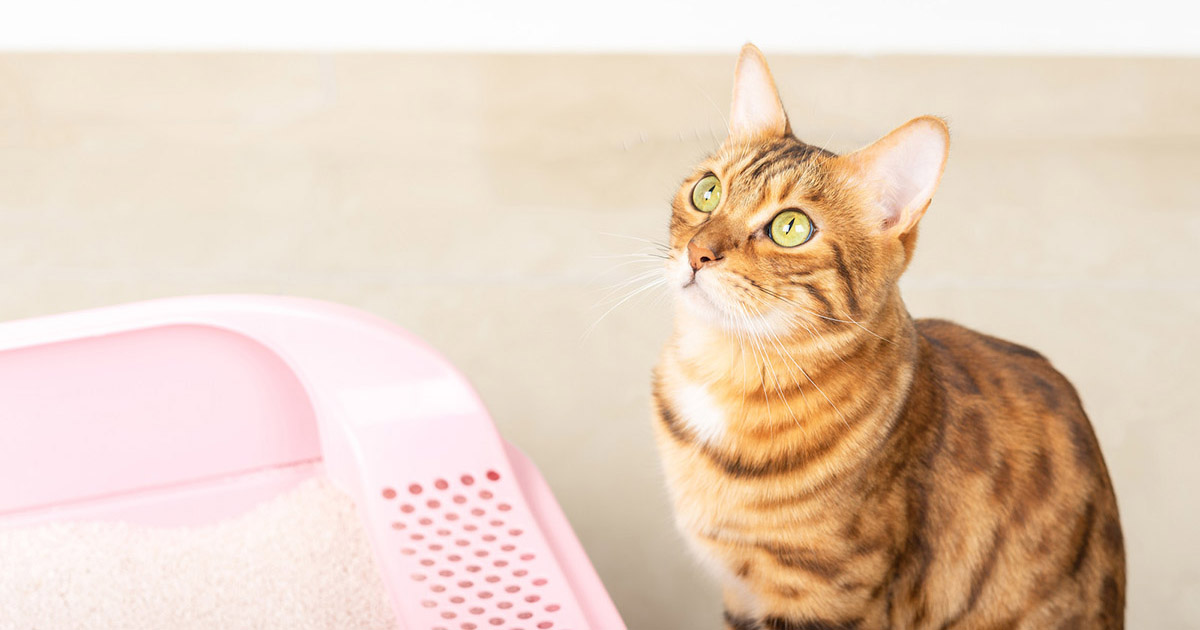The Consequences of Flushing Cat Poop Down Your Toilet - Safeguard Your Pipes
The Consequences of Flushing Cat Poop Down Your Toilet - Safeguard Your Pipes
Blog Article
The publisher is making a number of great annotation on How to Dispose of Cat Poop and Litter Without Plastic Bags overall in this article which follows.

Introduction
As feline proprietors, it's essential to bear in mind how we dispose of our feline friends' waste. While it may appear hassle-free to purge cat poop down the bathroom, this method can have harmful consequences for both the environment and human health and wellness.
Alternatives to Flushing
The good news is, there are safer and extra responsible methods to deal with feline poop. Think about the adhering to alternatives:
1. Scoop and Dispose in Trash
The most typical technique of taking care of pet cat poop is to scoop it right into a biodegradable bag and toss it in the garbage. Make certain to utilize a committed clutter scoop and deal with the waste without delay.
2. Usage Biodegradable Litter
Choose eco-friendly feline clutter made from products such as corn or wheat. These trashes are environmentally friendly and can be safely disposed of in the garbage.
3. Hide in the Yard
If you have a yard, take into consideration hiding cat waste in an assigned area away from veggie gardens and water sources. Make certain to dig deep enough to stop contamination of groundwater.
4. Set Up a Pet Waste Disposal System
Buy an animal waste disposal system especially made for pet cat waste. These systems use enzymes to break down the waste, decreasing odor and environmental impact.
Health Risks
Along with ecological worries, purging pet cat waste can likewise present wellness risks to humans. Feline feces might contain Toxoplasma gondii, a bloodsucker that can trigger toxoplasmosis-- a potentially extreme disease, particularly for expectant females and people with damaged body immune systems.
Environmental Impact
Flushing cat poop presents harmful virus and bloodsuckers right into the water, posturing a significant risk to aquatic ecosystems. These impurities can negatively affect marine life and compromise water quality.
Verdict
Responsible family pet possession extends beyond supplying food and sanctuary-- it additionally entails appropriate waste monitoring. By avoiding purging cat poop down the commode and selecting alternate disposal methods, we can minimize our ecological impact and protect human health.
Why You Should Never Flush Cat Poop Down the Toilet
A rose by any other name might smell as sweet, but not all poop is created equal. Toilets, and our sewage systems, are designed for human excrement, not animal waste. It might seem like it couldn’t hurt to toss cat feces into the loo, but it’s not a good idea to flush cat poop in the toilet.
First and foremost, assuming your cat uses a litter box, any waste is going to have litter on it. And even the smallest amount of litter can wreak havoc on plumbing.
Over time, small amounts build up, filling up your septic system. Most litter sold today is clumping; it is made from a type of clay that hardens when it gets wet. Ever tried to scrape old clumps from the bottom of a litter box? You know just how cement-hard it can get!
Now imagine just a small clump of that stuck in your pipes. A simple de-clogger like Drano isn’t going to cut it. And that means it’s going to cost you big time to fix it.
Parasitic Contamination
Believe it or not, your healthy kitty may be harboring a nasty parasite. Only cats excrete Toxoplasma in their feces. Yet it rarely causes serious health issues in the cats that are infected. Most people will be fine too if infected. Only pregnant women and people with compromised immune systems are at risk. (If you’ve ever heard how women who are expecting are excused from litter cleaning duty, Toxoplasma is why.)
But other animals may have a problem if infected with the parasite. And human water treatment systems aren’t designed to handle it. As a result, the systems don’t remove the parasite before discharging wastewater into local waterways. Fish, shellfish, and other marine life — otters in particular — are susceptible to toxoplasma. If exposed, most will end up with brain damage and many will die.
Depending on the species of fish, they may end up on someone’s fish hook and, ultimately on someone’s dinner plate. If that someone has a chronic illness, they’re at risk.
Skip the Toilet Training
We know there are folks out there who like to toilet train their cats. And we give them props, it takes a lot of work. But thanks to the toxoplasma, it’s not a good idea.

Do you appreciate reading up on How to Dispose of Cat Poop and Litter Without Plastic Bags? Give feedback further down. We would be delighted to listen to your thoughts about this post. Hoping that you visit us again in the near future. Sharing is caring. Helping others is fun. Thanks a lot for your time. Visit again soon.
Click Here To Find Out More Report this page